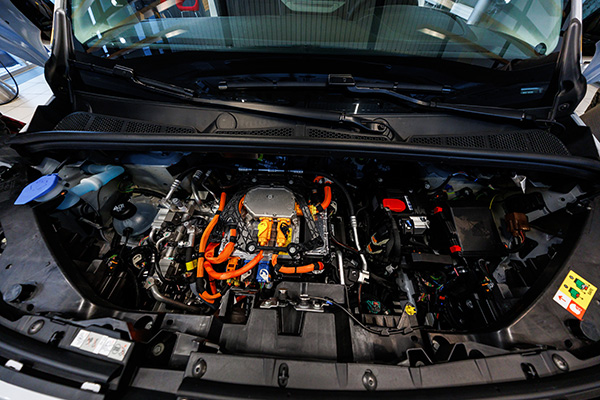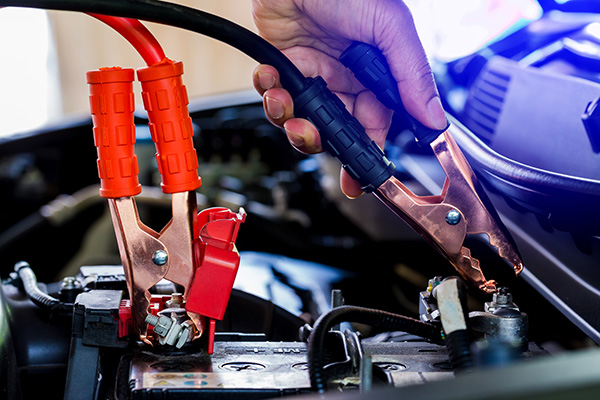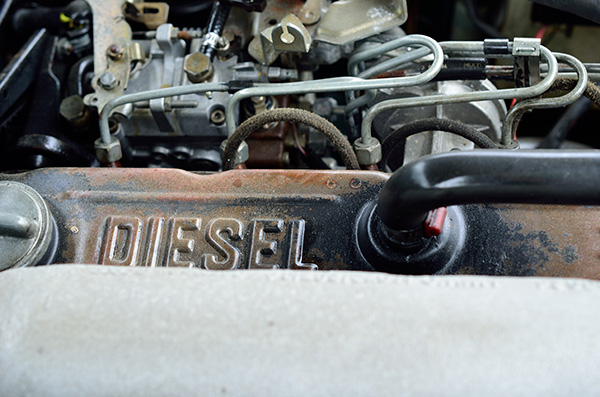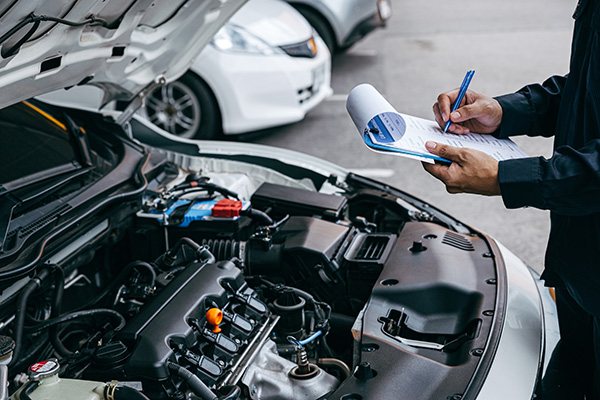Posted on 2/27/2026

EVs don’t have engine oil changes, but they do have coolant, and that coolant matters more than many owners expect. In an electric vehicle, coolant helps manage heat in critical components like the battery pack, power electronics, and drive unit. Heat control is a big part of how an EV stays efficient and reliable. When coolant ages, it can lose some of its protective properties. Corrosion protection can degrade, and contaminants can accumulate over time. That can raise long-term risk for expensive components. This is why an EV coolant service should not be treated like a filler item. EV Coolant Flush Purpose Coolant in an EV does not just prevent overheating. It also protects internal passages from corrosion, helps maintain stable operating temperatures, and supports consistent performance during hot weather, highway driving, and fast charging sessions. Some EV systems use multiple coolant loops. One loop may focus on the battery, another on the power elect ... read more
Posted on 1/30/2026

If your battery is dead in the morning but seemed fine the night before, it’s rarely random. Most of the time, the car is either not charging fully, the battery can’t hold what it has, or something is quietly pulling power while the car is parked. The frustrating part is that all three can look the same from the driver’s seat. The trick is figuring out which one you’re dealing with before you buy parts you didn’t need. What “Overnight” Tells Us About The Problem A truly overnight dead battery is a useful clue. A healthy battery in a healthy vehicle can usually sit for days without drama, even though modern cars always draw a small amount of power for memory and security functions. When it dies in eight to twelve hours, the draw is often higher than normal, or the battery is already weak and has no reserve left. It also matters whether the car was actually fully charged to begin with. Short trips, lots of accessories, and id ... read more
Posted on 12/19/2025

Diesel engines are built for hard work, long life, and serious torque, but they are also more sensitive to temperature changes than most gas engines. When the weather turns cooler, small issues with fuel, glow plugs, or batteries show up quickly. A little extra attention in these months can prevent hard starts, rough running, and some very expensive repairs later on. Why Cooler Weather Affects Diesel Engines Differently Diesel fuel ignites from heat created by compression, not a spark plug, so cylinder temperature is everything at startup. When the air and engine block are cold, it takes longer to build enough heat for clean combustion. That is why diesels use glow plugs and high-compression designs to help them light off. Cooler air also thickens diesel fuel and engine oil. Thicker fluids move more slowly through injectors and oil passages on cold ... read more
Posted on 11/28/2025

Winter on the Gulf Coast is mild compared to snow states, yet salt air, sudden cold snaps, and heavy rain create their own kind of wear. Audis handle weather well when the basics are fresh and calibrated. A focused seasonal check keeps sensors happy, brakes quiet, and electronics sealed against moisture, so you are not chasing warning lights on a busy morning. Why Coastal Winters Need a Different Maintenance Plan Sea air carries salt that never fully dries. It creeps into fasteners, electrical connectors, and brake hardware. Short cold spells can drop tire pressure and thicken fluids overnight, then warm afternoons hide the issue. That back and forth is rough on batteries, rubber bushings, and PCV components. A winter prep is about corrosion prevention, moisture control, and stable battery voltage as much as it is about cold weather. Battery, Charging, and Start Stop Health Modern Audis rely on clean voltage for everything from steering assist to a ... read more
Posted on 10/31/2025

The Thanksgiving holiday brings family gatherings, full highways, and a strong desire to arrive on time and stress-free. Unfortunately, it’s also one of the most common times of year for roadside breakdowns. A little preparation ahead of your road trip can help you avoid ending up stranded on the shoulder while everyone else is carving the turkey. Even if your car has been reliable all year, the combination of colder weather, increased traffic, and longer trips can reveal hidden problems. Here are the key areas to check before you head out. Start With the Battery Car batteries are more likely to fail during temperature swings, especially if they’re already weak. A quick battery test at a local repair shop can determine if it’s holding a proper charge. If you’ve noticed sluggish starts or dim headlights, it might be time for a replacement. Check the battery terminals too. Corrosion, loose cables, or damaged connectors can prevent the battery ... read more